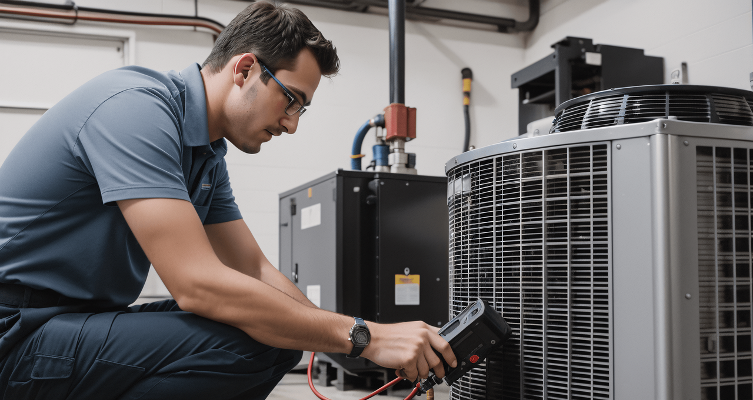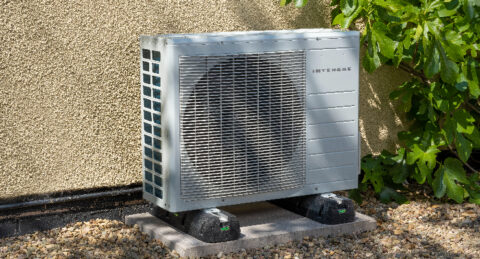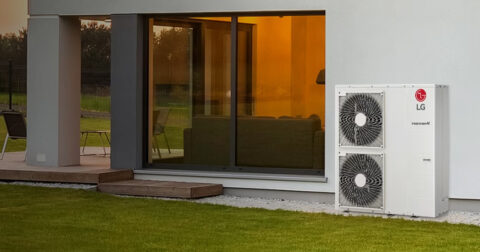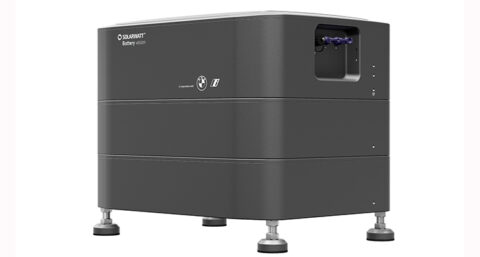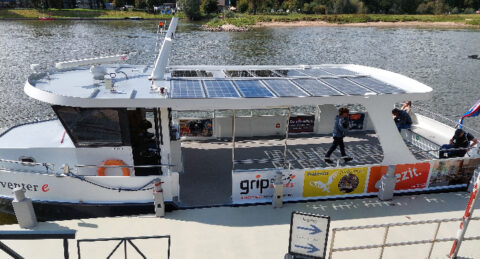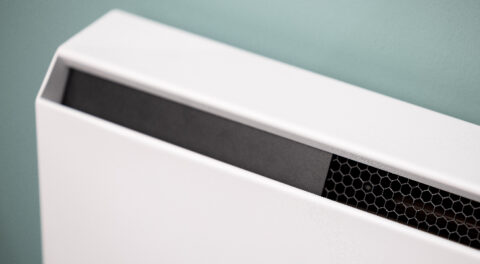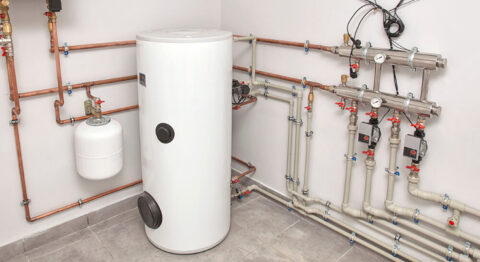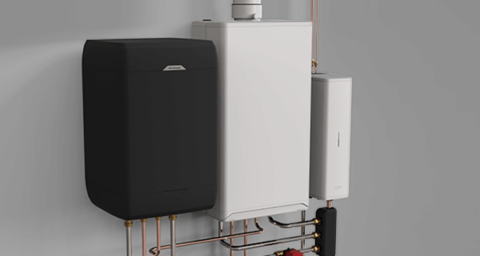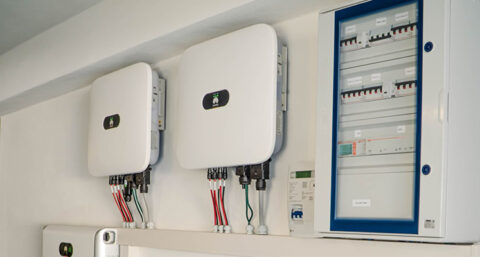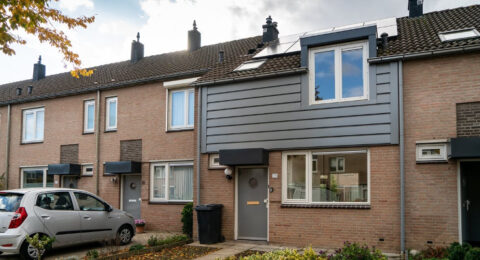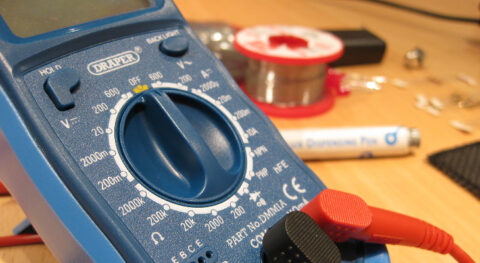Is it convenient and wise to advise customers to go for both solar panels, a heat pump, and a home battery? Or are there situations where it's a better idea, at least for now, to opt for one or two of the three? We run down some considerations.
Convincing customers of the usefulness of solar panels is probably the easiest thing for installers to do. Precisely because the demand for solar panels, and thus the purchase price, has dropped somewhat recently. As a result, solar power has become cheaper and therefore accessible to more people. In addition, you can point out to customers the special schemes and the possibility of borrowing under favorable conditions. Thanks to the decreased demand, waiting times have also decreased, so they start saving more quickly.
Costs and benefits
One objection that makes some people hesitate or even discourage them from buying solar panels is the announced phasing out of the balancing scheme and reports of lower fees and feed-in charges sometimes charged by energy suppliers.
After all, less yield in sounding coins means that the payback period of solar panels increases. Fortunately, the long lifespan of often more than 25 years is a strong argument for why solar panels still pay for themselves. Especially considering the erratic price of electricity and gas.
Maximizing self-consumption
In addition, anything a customer generates for themselves can be sacrificed completely for free. Through a little clever planning, especially in combination with smart home automation, many energy-intensive tasks can be shifted to times when the yield from the solar panels is highest. There are also always opportunities in business and industry.
Furthermore, the more often someone is present during the day, the more consumption will increase. In this way, the impact of the phasing out of the net-metering scheme and any feed-in costs becomes smaller and smaller. Maximizing self-consumption reduces energy costs and shortens the payback period.
Less gas, more power
When it comes to heat pumps, there are also plenty of arguments that can convince a customer to make a purchase. Consider the obligation to install at least a hybrid heat pump when replacing a boiler as of 2026. Just like the price of gas, which is now known to spike unexpectedly and thus cause sky-high energy costs.
With a hybrid heat pump, gas consumption is reduced significantly in one fell swoop, and with all-electric it can even be reduced to zero if gas is no longer used for cooking. A heat pump does cause a substantial increase in electricity consumption, which makes the combination with solar panels obvious and very attractive.
Anticipate
The ideal thing about combining solar panels with a heat pump, is that a home or commercial space can usually be cooled for free during the summer months. Also, a boiler tank can already be brought to the desired temperature during the day if it is an all-electric heat pump. Which minimizes tap water heating via paid mains power.
During the cold(r) months, important rooms can be kept at a pleasant temperature during the day (again, for free), precisely during the hours when there is still a relatively large amount of sunlight and daylight. Even if no one is present. In the evening, the temperature only needs to be maintained at the desired level.
Especially in well-insulated properties, this is often more efficient than heating rooms all at once from a low starting temperature when you get home. Above all, don't forget to make customers aware of subsidies and the energy savings loan.
Who keeps what...
With a home battery, things are a little more complicated. The purchase price of a home battery is high and subsidies are unfortunately not currently available. The threshold is therefore a lot higher for many people than with solar panels and a heat pump.
The argument for buying and installing one is that any solar power that is not used during the day is still available for personal use at a later time. The less often someone is present during the day and the less equipment is in operation during those hours, the more solar power can be stored.
Ideal for all those times when solar panels produce little or nothing and, on the contrary, there is an extra large power demand. Think of evenings and nights, when everyone is home and a lot of equipment is in use.
Without hiccups
Customers can also often bridge power outages from the power grid thanks to a home battery. Of course, such a power outage always comes unexpectedly and at the worst possible time. Thus, the home battery makes customers a lot more independent of energy suppliers and as self-sufficient as reasonably possible.
It is important to emphasize that the combination of a home battery with solar panels plus a heat pump in particular provides the most benefits. In second place is the combination of solar panels with only a home battery. In both cases, the solar power will first be used for own consumption during the day. The surplus is stored locally in the home battery and thus remains available for use at a later time. That is often when the sun is (mostly) gone again.
Peaks and valleys
Once the battery is fully charged, it can be delivered back to the grid. Certainly as long as that makes money down the line for the next few years and, above all, costs nothing extra, that's a great thing for your customers.
Just installing a home battery by itself is also possible. This time to store grid power during off-peak hours and tap into this proprietary supply during peak hours. Also, customers then retain the ability to bridge power outages. This playing with power tariffs does yield some benefit, but in practice far from enough to seriously consider a payback. That makes this the least attractive option.
